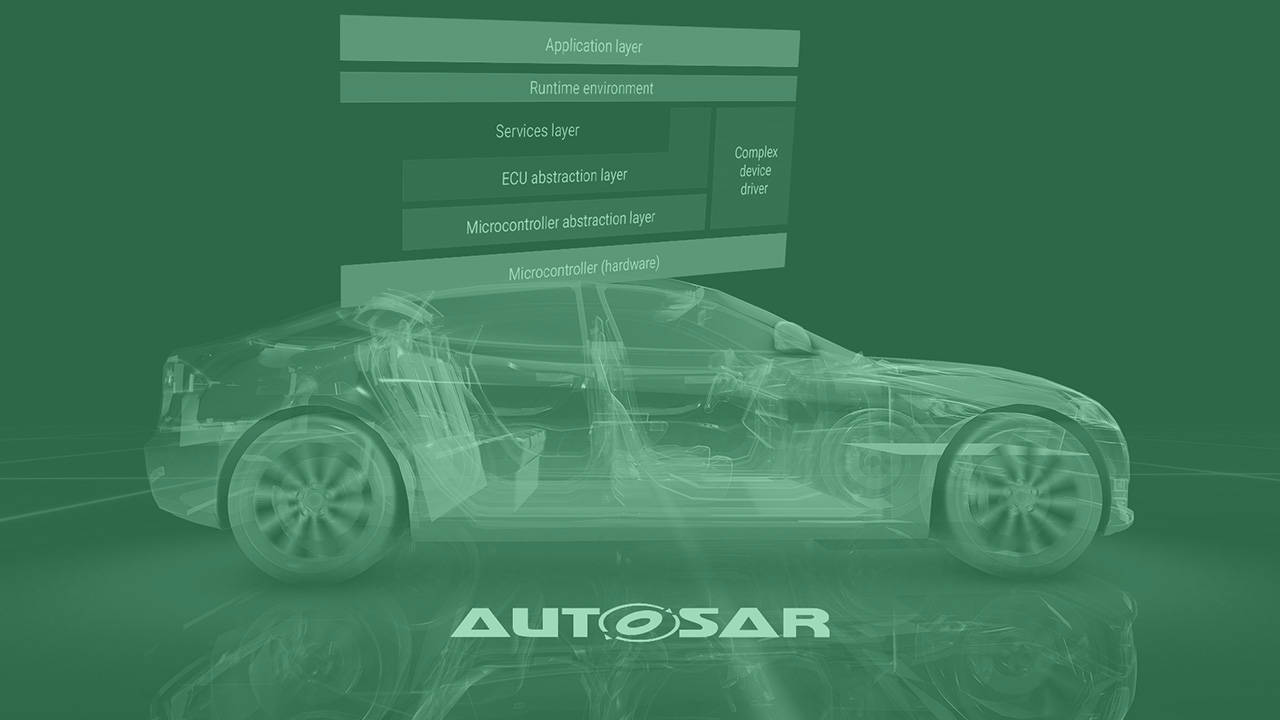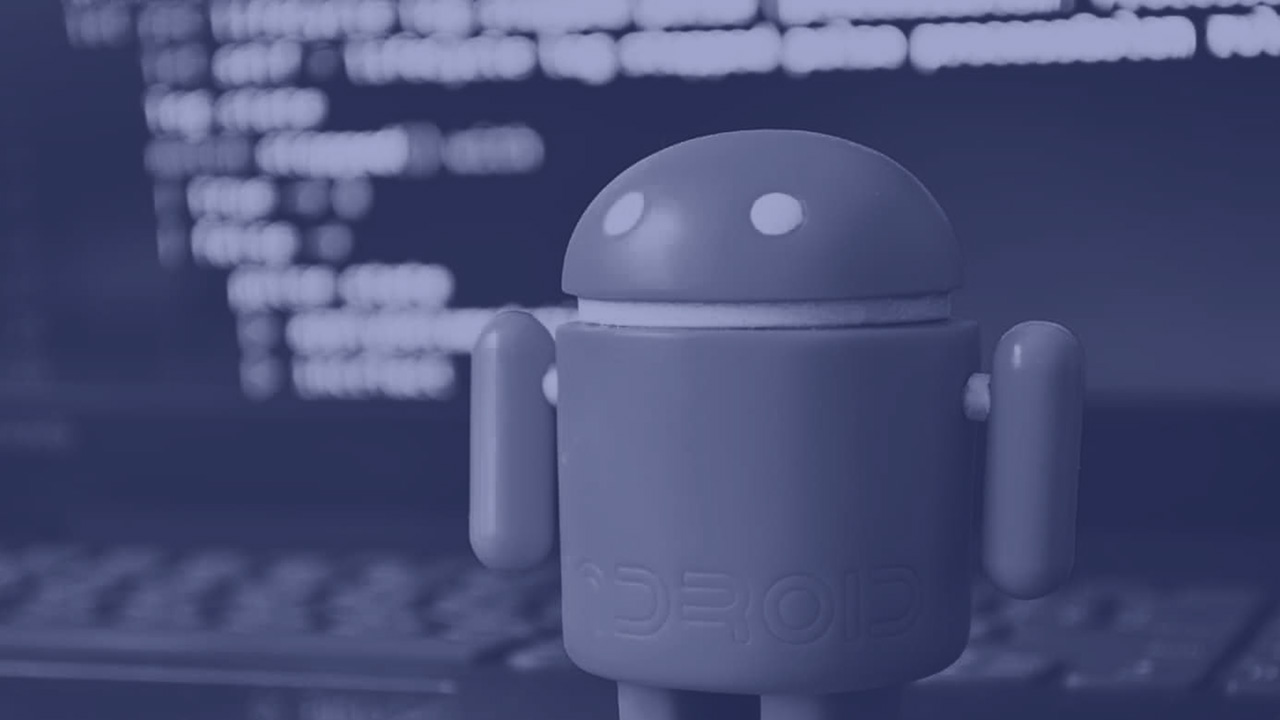Sandra Rakočević

Sandra Rakočević is a Teaching Assistant at the Faculty of Technical Sciences, University of Novi Sad, a Software Engineer, and a Technical Project Lead at ObloLiving, specializing in IoT technologies. As an instructor at NIT Institute, she is teaching Advanced Android programming courses.
Sandra completed her BSc and MSc studies at the Department of Computing and System Control, Faculty of Technical Sciences, University of Novi Sad, Serbia, in 2017 and 2018, respectively. Within academia, she holds a position as a Teaching Assistant at the University of Novi Sad, where she contributes to various courses, including Digital and Computer System Design, Android Application Development, Advanced Android Programming, and Object-Oriented Programming.
Currently a PhD candidate, Sandra is actively involved in research activities in the domains of IoT, Machine Learning, and Big Data. She has authored/co-authored over 15 publications in scientific conferences and journals and holds one patent.
References
S. Ivanović, M. Antić, I. Papp, M. Matić, "Detection of Patterns in Smart Home User Data Using Color Coded Images", IEEE International Conference on Consumer Electronics (ICCE), Las Vegas, NV, USA, 202, 1-3
S. Ivanović, M. Matić, M. Antić, I. Papp, “Detection of IoT Event Bursts in Smart Home Home Automation System”, IEEE 23rd International Symposium on Consumer Technologies (ISCT), Ancona, Italy, 2019, 322-326
M. Antić, I. Papp, S. Ivanović and M. Matić, "Learning From Smart Home Data: Methods and Challenges of Data Acquisition and Analysis in Smart Home Solutions," in IEEE Consumer Electronics Magazine, vol. 9, no. 3, pp. 64-71, 1 May 2020, doi: 10.1109/MCE.2019.2955150.
S. Ivanović, M. Antić, B. Jagetić, M. Matić, “Performing administrative tasks on multiple home automation gateways”, 2019 IEEE 9th International Conference on Consumer Electronics (ICCE-Berlin), Berlin, Germany, 2019
S. Ivanović, L. Vukasović, M. Antić, I. Papp, “3G-Enabled Field Gateway for Collecting Industrial BLE Sensor Data”, Zooming Innovation in Consumer Technologies Conference (ZINC), Novi Sad, Serbia, 73-76, 2020
Courses
Learn all about the modern Android operating system and its hidden traits on embedded platforms.
Gain an overview of the Android operating system regarding its architecture, with a focus on internal architecture, extensibility, and adaptation to various embedded platform targets. Instead of only focusing on application programming using Android SDK, you will cover “under the hood” concepts of Android, such as build and debug concepts, binding and memory sharing, Media Codec API, as well as Android Hardware Abstraction Layer (HAL). Upon completing the course, you will be able to program and adapt Android to target use cases on specific embedded processors, mostly for applications in consumer electronics and media processing pipelines.
Course topics:
- Introduction, including brief Android history, differences between open source and OASP projects, overview of Android architecture and all layers
- Build subsystem, build templates, device build configuration
- Debug subsystem with adb, native debugging, ANR, addr2line, DDMS, traceview, GDB utilization
- Android system level concepts: init process, properties, binder, ashmem, JNI
- Multimedia stack in Android with Media Codec API
- Android HAL, extension and manipulation
Requirements
Software: RealVNC, Virtual Box, Chrome browser.
Hardware: Computer with an Internet connection, working speakers, and microphone.
Prior knowledge: Participants should have basic knowledge of programming in either Java or C/C++.




